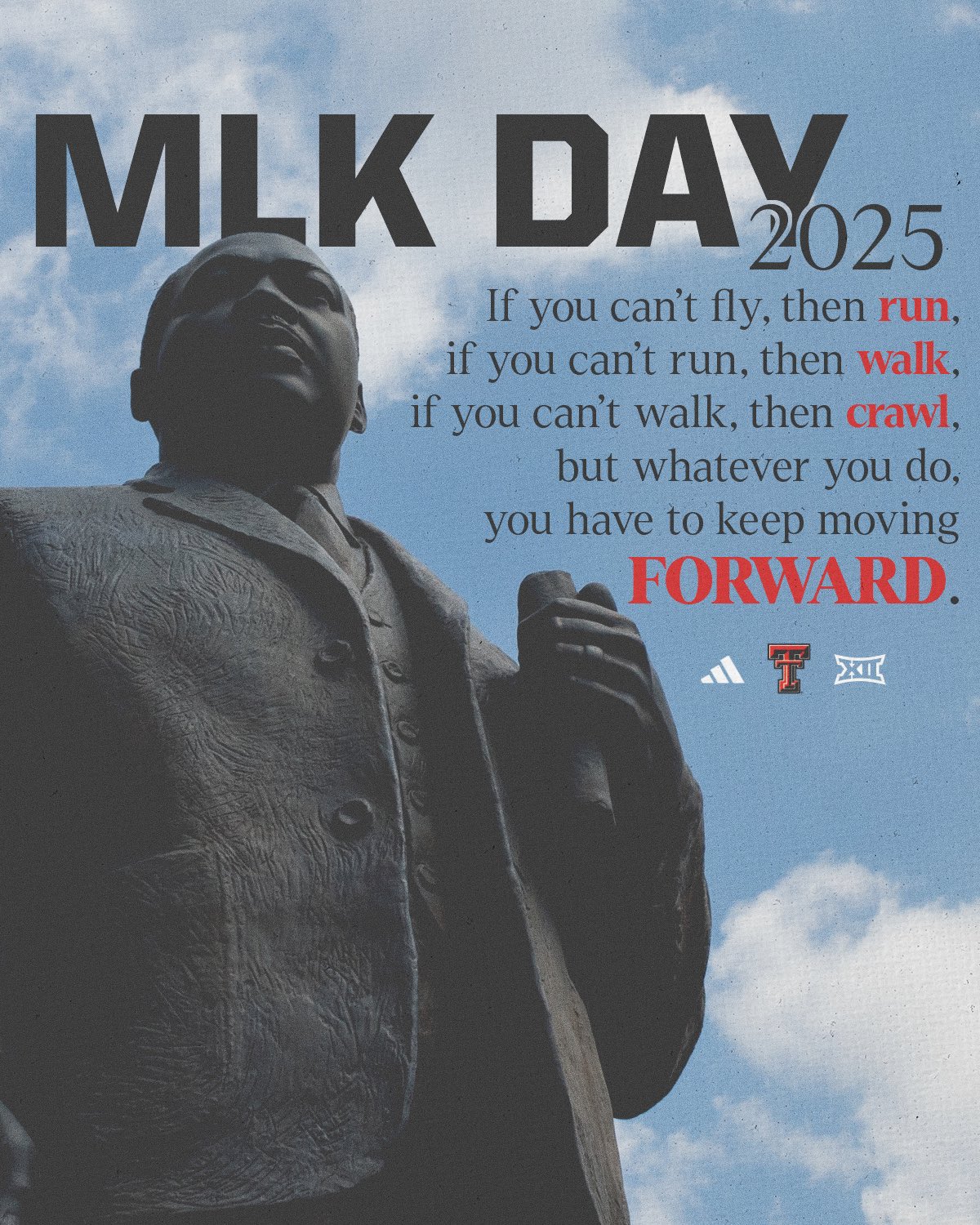Honoring the Life and Legacy of Dr. Martin Luther King Jr.
Today, we come together to honor the life and legacy of Dr. Martin Luther King Jr., a man whose vision of justice, equality, and love for all humanity forever changed the course of history in the United States. As we reflect on his achievements, his impact on the civil rights movement, and his enduring influence on the world, we are reminded that his work is far from finished. Dr. King’s message of peace, nonviolence, and equality resonates as strongly today as it did during his time, urging us to continue striving for a world where freedom and justice are accessible to all.
Born on January 15, 1929, in Atlanta, Georgia, Dr. Martin Luther King Jr. was raised in a deeply religious household. His father, Martin Luther King Sr., was a prominent Baptist minister who instilled in him a strong sense of faith and a belief in the power of love and nonviolence. These values would shape Dr. King’s life and work, laying the foundation for his future role in the civil rights movement.
Dr. King attended Morehouse College, where he was deeply influenced by the teachings of Dr. Benjamin E. Mays, an outspoken advocate for racial equality. It was here that he developed the conviction that equality and justice were not just ideals to aspire to, but rights that should be protected and fought for. Following his education, Dr. King went on to earn a doctorate in theology from Boston University, where he would meet his future wife, Coretta Scott.
In 1955, Dr. King’s leadership in the civil rights movement was ignited when he became involved in the Montgomery Bus Boycott, a direct response to the arrest of Rosa Parks for refusing to give up her seat on a segregated bus. King’s decision to lead this protest, despite threats and hardships, would become a defining moment in his life. His message of nonviolent resistance, drawn from the teachings of Mahatma Gandhi, resonated with a growing movement of Black Americans who were demanding an end to segregation and racial injustice.
One of Dr. King’s most iconic moments came on August 28, 1963, when he delivered his historic “I Have a Dream” speech during the March on Washington for Jobs and Freedom. Standing before a crowd of over 250,000 people, Dr. King expressed his vision of a world where people were judged by the content of their character rather than the color of their skin. His words captured the hopes and aspirations of millions of Americans who were fighting for racial equality.
“I have a dream that one day every valley shall be exalted, every hill and mountain shall be made low, the rough places will be made plain, and the crooked places will be made straight,” Dr. King proclaimed. His speech became a rallying cry for the civil rights movement and a beacon of hope for generations to come. It reminded the country that the fight for equality was not only a political cause but a moral imperative.
Throughout the 1960s, Dr. King’s leadership was critical in shaping the civil rights movement. He led peaceful protests, marches, and sit-ins that challenged the deeply entrenched systems of segregation and discrimination in the South. One of the most notable was the Selma to Montgomery march in 1965, which helped to secure the passage of the Voting Rights Act of 1965. His determination and refusal to resort to violence made him a powerful force in the fight for justice.
Despite facing constant threats and harassment, Dr. King remained committed to his principles of nonviolent resistance and his belief that love could overcome hate. His leadership earned him the Nobel Peace Prize in 1964, further solidifying his place as one of the most influential figures in American history.
Dr. Martin Luther King Jr. was tragically assassinated on April 4, 1968, while standing on the balcony of the Lorraine Motel in Memphis, Tennessee. His death was a devastating blow to the nation, but his legacy lived on in the movement he helped to ignite. The civil rights victories of the 1960s—such as the Civil Rights Act of 1964 and the Voting Rights Act of 1965—would not have been possible without his courage, leadership, and dedication to justice.
Today, Dr. King’s vision continues to inspire movements for racial equality, social justice, and human rights. His call for unity, understanding, and compassion transcends the boundaries of race, religion, and nationality, making him a global symbol of peace and justice.
On Martin Luther King Jr. Day, we honor his life by reflecting on the progress that has been made and acknowledging the work still left to do. As we strive to build a more just society, we are reminded that Dr. King’s dream remains a work in progress. Each act of kindness, each fight for justice, and each effort to uplift the marginalized brings us closer to the world Dr. King envisioned—a world where equality is not a dream, but a reality for all.
Dr. Martin Luther King Jr.’s legacy is not defined by the battles he won but by the hope and determination he instilled in others. As we honor his life today, let us renew our commitment to building a world where his dream can truly come to fruition for everyone.

